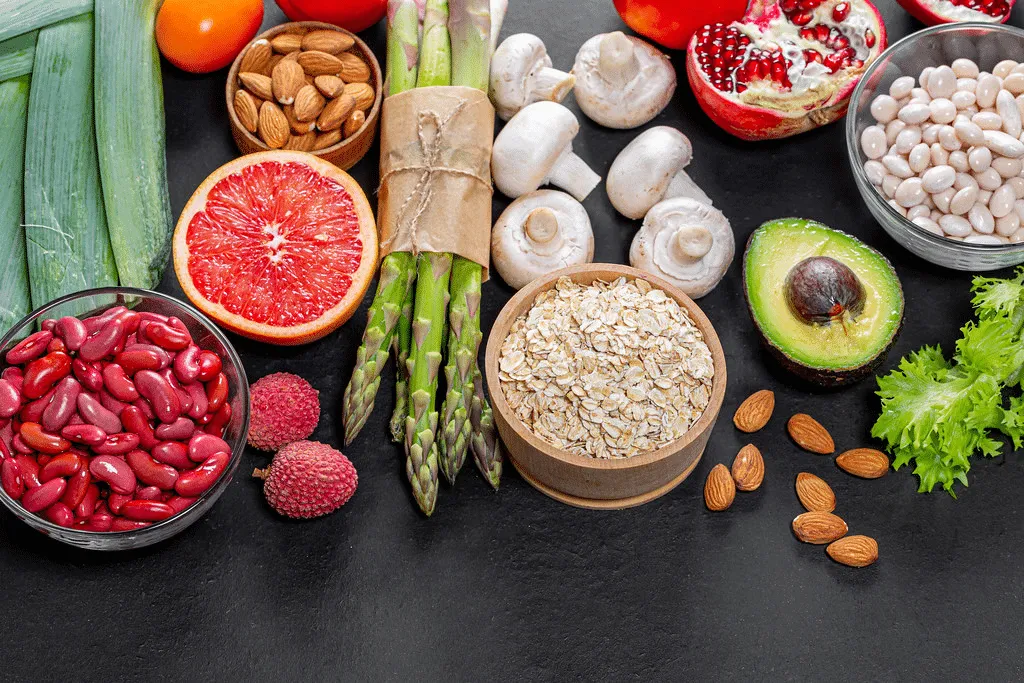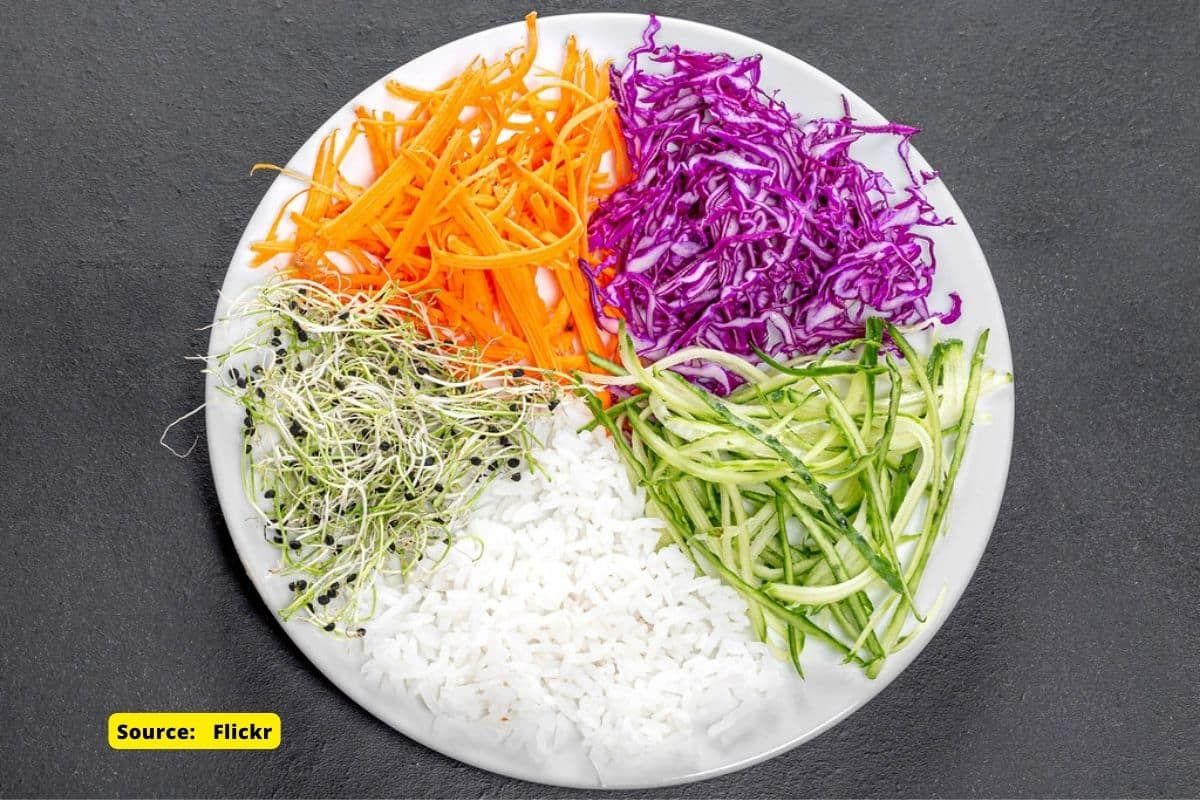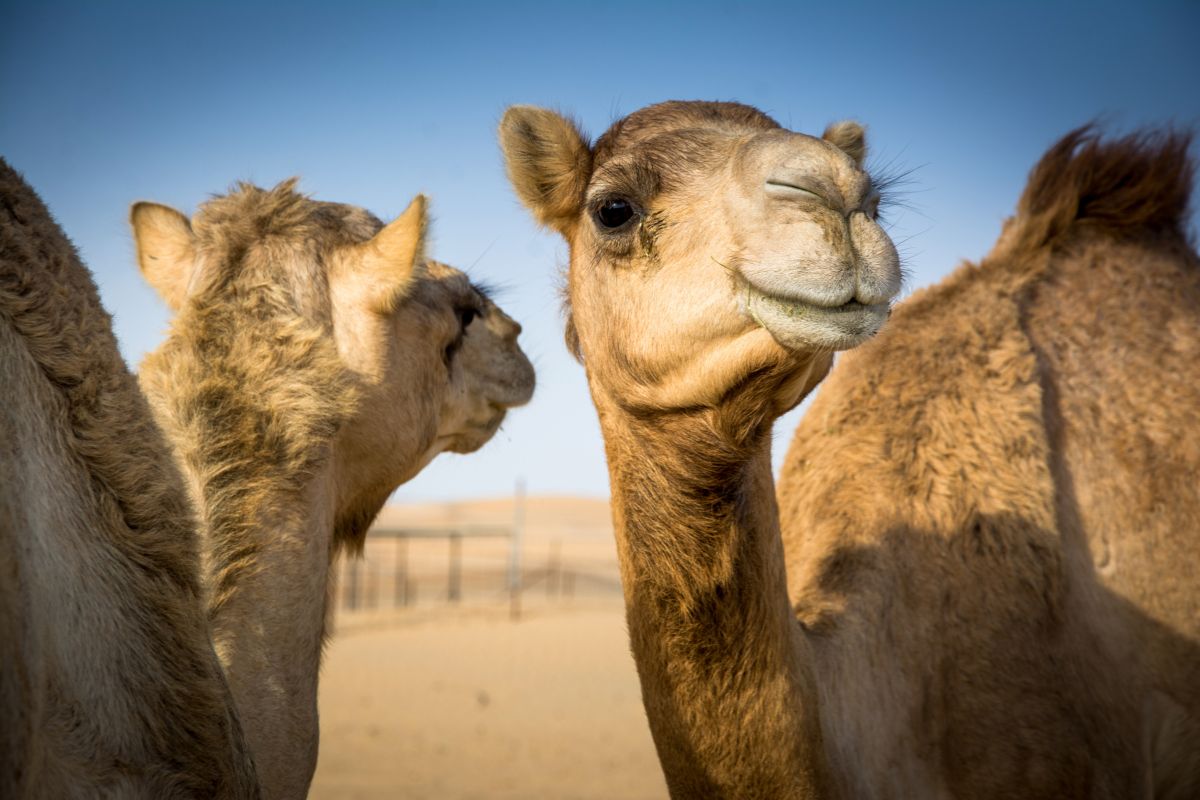Researchers have long been trying to find the relationship between diet and moods. In this line, one of the most discussed aspects is the one that links vegetarianism with depression, since several studies claim that not consuming meat is associated with a worse state of mind, as concluded by a study recently published in the Journal of Affective Disorders.
Carried out with a sample of 14,216 people, aged between 35 and 74 years, the study found that people who excluded meat from their diet had a higher prevalence of depressive episodes. Non-meat eaters experienced approximately twice the frequency of depressive episodes as meat eaters.
The study has already generated controversy, especially in the vegan and vegetarian community, who criticize that the results do not demonstrate causality, since, for that, a longitudinal design (over time) is required. However, despite this, it is not the first time that this conclusion has been reached.

However, the new analysis, published in the Journal of Affective Disorders, took into account a wide range of nutritional factors, including total calorie intake, protein intake, micronutrient intake and the level of food processing. This suggests that the higher rates of depression among vegetarians are not due to the nutritional content of their diet.
First of all, it is possible that being depressed causes people to become vegetarian and not the other way around. Symptoms of depression can include ruminating on negative thoughts as well as feelings of guilt.
The depressed vegetarian, in this case, is not necessarily wrong to think this way. Although depression is sometimes characterized by unrealistic negative perceptions, there is evidence to suggest that people with mild to moderate depression have more realistic judgments about the outcome of uncertain events and more realistic perceptions of their own roles and abilities.
In this case, there really is cruel treatment of animals in meat production. And this really is caused by consumer demand for cheap meat.
Second, adhering to a vegetarian diet may cause depression for reasons other than nutrition. Even if no “happy nutrient” is missing from a vegetarian diet, it could be the case that giving up meat causes depression by other means.
More evidence
In this line, much more recent are two studies published between 2014 and 2018, which also reached the same conclusion. The most recent was part of a special issue of the journal Nutrients and was dedicated to studying the impact of giving up various food groups on depressive symptoms. To do this, he studied carnivores, vegans, complete vegetarians, and vegetarians who only ate fish. Well, they found that people who had dropped out of at least three of the four animal-related groups (red meat, poultry, fish, and dairy) had more than double the risk of depression.

The other study, published in the journal Plos One, also measured several cohorts: vegetarians, heavy carnivores, moderate carnivores, omnivores, and occasional carnivores. According to the research, only the vegetarian group showed worse mental health. Specifically, they were, again, twice as likely as the other groups to suffer from a mental illness, such as anxiety and depression.
Also, this study provides an explanation measured with data. Several of the people who had declared themselves vegetarian followed this diet because it had been prescribed for some medical reason, for example suffering from chronic diseases. So having a serious medical condition might be the trigger for poorer mental health, not the diet itself.
Balance deficit
Vitamin B12 is one of the main protagonists when it comes to a vegetarian diet since it can only be obtained through the consumption of animal products. “Its deficit can cause anemia, neuropsychiatric disorders and deterioration of cognitive function,” details a review published by the journal Society of Primary Care Physicians.
“Vitamin B12 deficiency is the main risk for vegetarians. To avoid this, they can choose to eat foods, supplements, milk or eggs fortified with vitamin B12. Well-planned vegetarian diets are safe and healthy, but inadequate diets can lead to vitamin B12 deficiencies. nutritional”, they continue in the publication.

Regarding the rest of the nutrients, there is talk of inadequate intake of omega-3 fatty acids and proteins and certain enzymes. Tryptophan, for example, is necessary for the production of serotonin, a neurotransmitter related to moods.

There are studies that affirm the opposite, as reflected in another meta-analysis carried out by the Department of Nutrition and Dietetics at King College London, which found contradictory evidence between the association of vegan or vegetarian diets and depression.
While eleven of the studies analyzed (44%) confirmed the above, seven (28%) stated the opposite. In another seven more, no type of association was found. Therefore, they concluded: “Further research, including longitudinal and interventional studies, is required to resolve this observation.”
ALSO READ
- 1% Of World’s Population Is Responsible For A Quarter Of Emissions
- Sea Level Rise Is ‘Inevitable’ Due To Greenland Melting
- Sickening Healthcare Facility In Village Karmi
You can connect with Ground Report on Facebook, Twitter, Koo App, Instagram, and Whatsapp and Subscribe to our YouTube channel. For suggestions and writeups mail us at GReport2018@gmail.com









